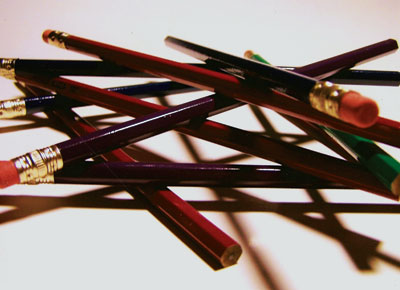All Nonfiction
- Bullying
- Books
- Academic
- Author Interviews
- Celebrity interviews
- College Articles
- College Essays
- Educator of the Year
- Heroes
- Interviews
- Memoir
- Personal Experience
- Sports
- Travel & Culture
All Opinions
- Bullying
- Current Events / Politics
- Discrimination
- Drugs / Alcohol / Smoking
- Entertainment / Celebrities
- Environment
- Love / Relationships
- Movies / Music / TV
- Pop Culture / Trends
- School / College
- Social Issues / Civics
- Spirituality / Religion
- Sports / Hobbies
All Hot Topics
- Bullying
- Community Service
- Environment
- Health
- Letters to the Editor
- Pride & Prejudice
- What Matters
- Back
Summer Guide
- Program Links
- Program Reviews
- Back
College Guide
- College Links
- College Reviews
- College Essays
- College Articles
- Back
Two Boxes: The Asian America Experience
Being Asian American is usually a struggle in self-identity between being an Asian, an American, or a combination. I remember to call my grandparents in Korea when it’s New Year's or their birthday, but I get confused when they suddenly give me money in the middle of the year. I can recall a basic structure of how Korea came to be, while I study every bit of American history and recite the pledge of allegiance in my sleep. I want to stay with the culture I was born in, but I struggle with getting myself to learn about it. Some days, I could completely forget my American life, throwing myself into Korean conversation and discussions. However, other days I’m painfully reminded that I’m not a “real” Korean, mediocrely speaking the language and lost in talk with relatives. I cut myself into pieces, closely inspecting each part with trial and error to see if it would fall into the Asian box, the American box, or a stressful neither.
The Asian traditions and American culture constantly pull in different directions. Greeting other Korean people is easy, I bow while saying the formal hello. But when I say goodbye to an American person, just waving seems alien and unnatural. When I go to Korea or meet a lot of other Korean people, I’m scared that I’m doing something rude or wrong that’s considered fine in American culture. Hanging between two cultures is like taking a pass or fail test multiple times. Some days I’ll get an A plus in American holidays and a C plus in Korean conversation, but others I could end up with a B minus in American history and an A with Korean food.
My parents try to get me to appreciate their culture by bringing me to museums and “encouraging” me to start learning Korean again. No matter how much I want to fluently speak Korean, many times I lack the dedication and practice that it takes to learn the language. In my case, it’s just my “luck” that my mom is a fluent translator for both English and Korean as I struggle to communicate with her on a daily basis. During vacations in Korea, I’m usually dragged along with my brother to history museums to learn more about the distant culture I came from. I try to synchronize the description boxes with the artifacts they describe, quickly realizing I can’t even read Korean without it taking more than a minute per sentence. I already know and tell myself that I let my parents and myself down, with my incredibly low skill level in what was supposed to be my heritage.
In different environments, I alternate between the Asian and American masks to fit into the crowd. In school, no one really cares about culture and only yourself. Cultural differences is set aside and the only “norm” is the basic manners of the area the school resides in. However, in the church I attend, a guaranteed ninety-nine percent are composed of Koreans and I have to bring out the most Korean mannerisms I have to resist standing out like a sore thumb. The Korean mask that I put on is way more mild-mannered than my normal, almost “American”, self and feels like a former shell of my regular personality.
But to put it overall, being Asian American means never finding peace between my two cultures. Asian traditions and American culture constantly clash as one action could be condemned by the other. No matter how you try to push either your Asian heritage or your American upbringing aside, it’s always going to bounce back and hit you in the face like a pumped up yoga ball. It’s up to yourself to find a way to balance each culture harmoniously or find which part of yourself belongs in which category, the Asian box or the American.

Similar Articles
JOIN THE DISCUSSION
This article has 0 comments.

Being Korean American means never knowing where I'm going to fit in.